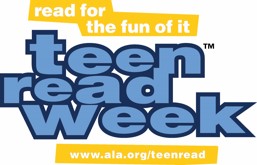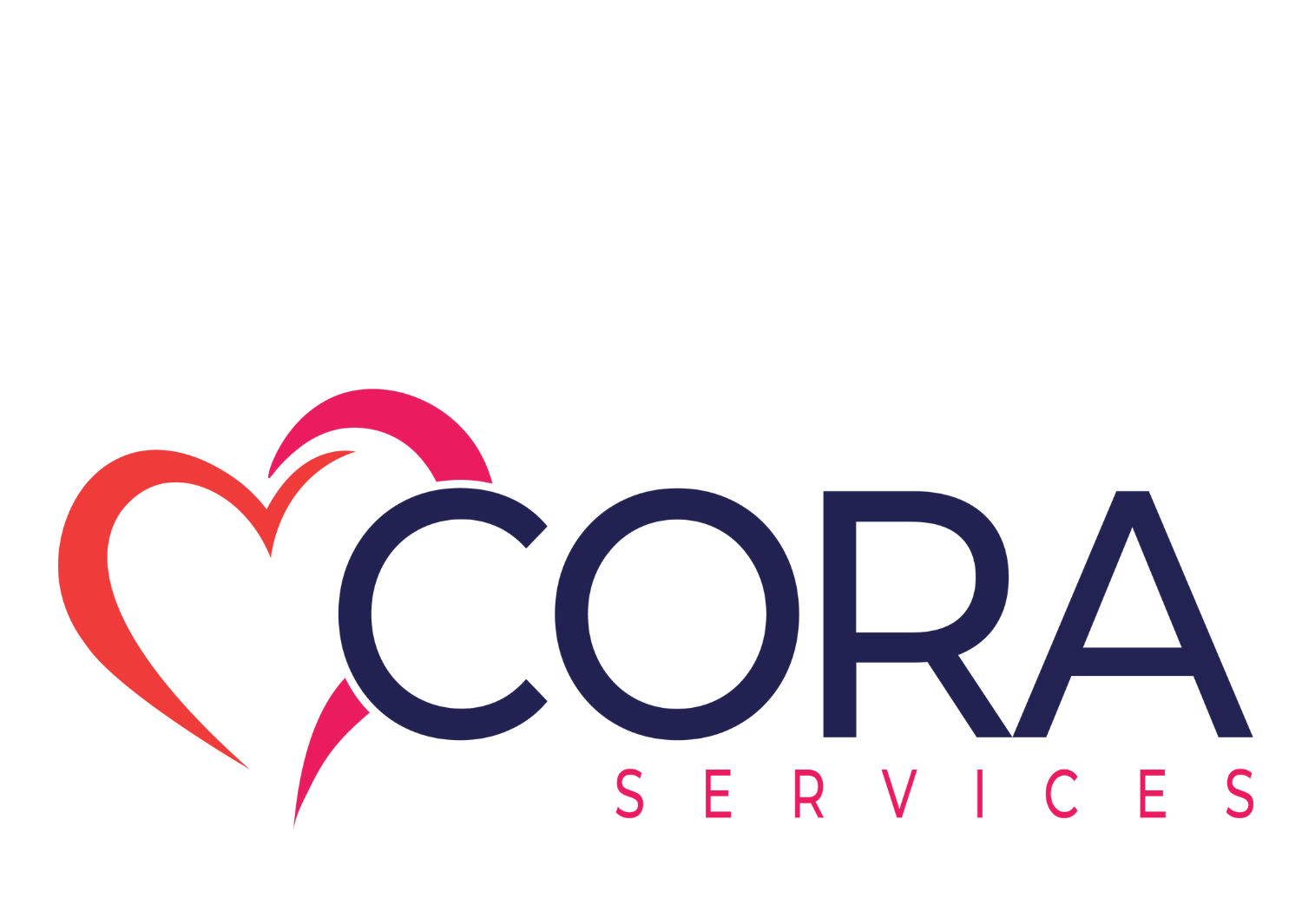At what point does reading change from being a fun activity to a dreaded chore?
 Reading for leisure drops off dramatically as children get older, and rates among all children – especially teens – have fallen precipitously in recent years. According to the Bureau of Labor Statistics, on average, teenagers read for fun, less than a total of six minutes per day. CORA’s educators are committed to making reading fun again!
Reading for leisure drops off dramatically as children get older, and rates among all children – especially teens – have fallen precipitously in recent years. According to the Bureau of Labor Statistics, on average, teenagers read for fun, less than a total of six minutes per day. CORA’s educators are committed to making reading fun again!
Adolescents who have never loved reading much for pleasure during grade school seem to become even less motivated during their high school years. Low self-image and feelings of powerlessness distress many minors, causing them to be disinterested and unmotivated at home and at school. Teenagers who have disengaged from learning often do so because they feel a lack control over their lives and their futures. This is especially true for students who have negative attitudes about reading. Since reading and writing skills develop simultaneously, adolescents that lack reading skills will often also have significant verbal and written weaknesses as well.
Since the 1980’s, CORA has provided educational support to students in kindergarten through high school. Currently, CORA educators support teens in 10 Philadelphia high schools. They are helping to build self-confidence along with reading aptitude.
Attitudes toward reading seem to crown very early in elementary school. Around age 9, enjoyment of reading hits a peak and then drops, markedly, each year that follows. According to most research, youth who have disengaged from reading most likely had some difficulty with reading in the primary grades. At this critical age, they missed out on the pleasure of getting lost in a great plotline or discovering a new genre that shares their struggles of early adolescence. By the teenage years, reading becomes a mandatory school-imposed activity. They miss the personal satisfaction of devouring a great book and falling in love with a character. With so many other distractions available, it’s all too easy for teens to turn to social networking sites, or other even less desirable activities, rather than just pick up a good book. Motivating teens to read can also be complicated by the many other demands on their busy schedules and the increasing pressures of school work. As our expectations of teenagers increase, they feel pressured and are less and less likely to turn to reading as a source of comfort or pleasure.
Luckily, there are so many genres of books for teens nowadays and there are plenty of innovative ways to shift their negative mindset about reading. It is not an easy task, but it is possible to re-introduce reading to your teen with productive results. There are many young adult novels out there that address the array of feelings that your teen might be experiencing – check the bestseller lists for something they may emotionally connect with or better yet, encourage them to check out the list themselves and offer to buy them the novel of their choice. Another idea is suggesting that read the book that preceded their favorite movie or agreeing to take them to a certain movie as soon as they read the book.
CORA educators are exceptional at connecting with the needs and want of children. Getting teens to read is a matter of tapping into their interests and finding ways to make reading rewarding – the way it felt when they first began to read. By using a combination of creative strategies and a communication plan that includes the student, the school, and parents, CORA educators are making some headway with making reading fun again for their teenagers. CORA educators are focused on getting well acquainted with their students through meaningful conversations. They work on using discussions to formulate a customized reading profile for a teen, rather than asking direct questions like, “What are your grades in English?”. Instead, our educators ask about their preferences and passions. What do they like and dislike when it comes to academic subjects, extracurricular activities, and spending time with friends and family? CORA staff collaborate with teachers to learn the style preference of the student and what encourages them to perform their best. With a focus on student-centered communication, our staff creates a specialized wrap-around plan to assist and re-engage struggling readers. A modified version of this plan can be emulated to encourage your teen to get back on the horse as well. If your teenager is interested in any specific topic, it might be worthwhile to let them read an “adult” book on that topic. For example, they may be interested in reading something that deals with some mature subject matter, maybe a sports novel or a horror story, especially if they see you reading it and enjoying it. With all that today’s youth have access to online today, it can’t hurt to let them read something they are curious about, so long as you are willing to read it first and talk to them about it.
CORA educators drive students to read with authenticity. During small group sessions, our teachers model reading strategies that show students, how to read, how to respond and reflect in depth to what they’ve read, and how to connect the material to their personal lives. Doris Powers, a CORA educator notes that in her experience, “Students, especially boys, need help absorbing what they are reading in order to become fully engaged – so they can respond with some understanding and enthusiasm”. In her class, she emphasizes her purposes for reading and helps students create checklists to evaluate their own reading habits and behaviors. For some students, you might try having them listen to the beginning of a book on tape with you, perhaps during a long car ride or encourage them to download a book to their phone.
Experienced teachers will tell you that no single strategy works when it comes to stimulating students into becoming avid readers, each adolescent is unique. CORA staff will meet the student where he or she is, and guide them in a variety of literacy activities aimed at raising self-confidence, bringing meaning to reading, and create a satisfying learning relationship. Learning rhythms emerge during small group sessions that are not plausible in the typical larger classroom setting. When asked to sit and read, a student might go strong for 10 or 15 minutes and then feel restless and need to move around, or have a hard time settling down in a class that is right after lunch. CORA staff are flexible in creating a personalized schedule that best suits each individual student.
CORA staff promote positive attitudes about reading by allowing to students control the reading material and have a say in what they’re being assigned. This helps them read about topics they find more relatable and therefore find more pleasure in the written word. They encourage their students to identify the perspectives of others, even when examining the fiction genres: horror, fantasy, science fiction, or romance stories. For some, a magazine appeals to students’ individual interests, or a comic book or graphic novel that serves to motivate less proficient readers through colorful and creative artwork. For others, it might be poetry or rap lyrics that engage their interest and educators have to be willing to explore words that will inspire students to keep reading. If your teen is willing to read something, regardless of what it is, it is better than nothing. Do not be dismissive if they choose to read something that you don’t enjoy – just be glad they’re reading.
Talking can be a powerful self-discovery tool for teenagers, especially with a compassionate listener. Many young people with reading difficulties simply haven’t had enough experience using words to express their ideas and points of view. Students spend, on average, three hours in a school day sitting, passively listening, while teachers lecture.
CORA educators listen responsively. Evaluating skills and measuring progress are always important practices, CORA strives to inspire students to examine his or her own work, and set personal goals for their own improvement. CORA Educator Harriet Goldberg utilizes various tools to help her students attain their goals. She says success for her students comes from “letting the students have a say in the assignment, by giving them more than one choice, you make the assignment be more achievable.”
CORA recommended books
Spilled Milk: Based on a True Story by K.L. Randis
All the Light We Cannot See by Anthony Doerr
13 Little Blue Envelopes by Maureen Johnson
Outrun the Moon by Stacey Lee
The Curious Incident of the Dog in the Night-Time by Mark Haddon
Promote Awareness of Teen Read Week (Oct. 8th – Oct 14th)
Help Vote for the Best Teen Book 2017 here.
Find your favorite book at http://time.com/100-best-young-adult-books/
